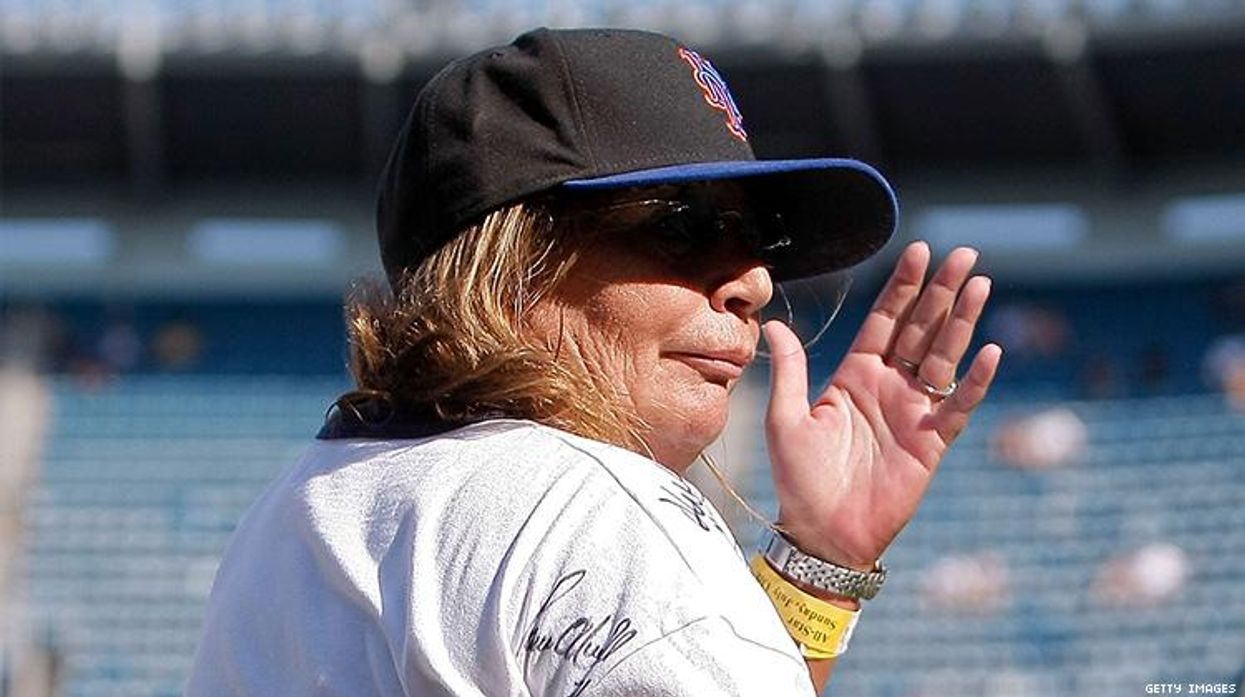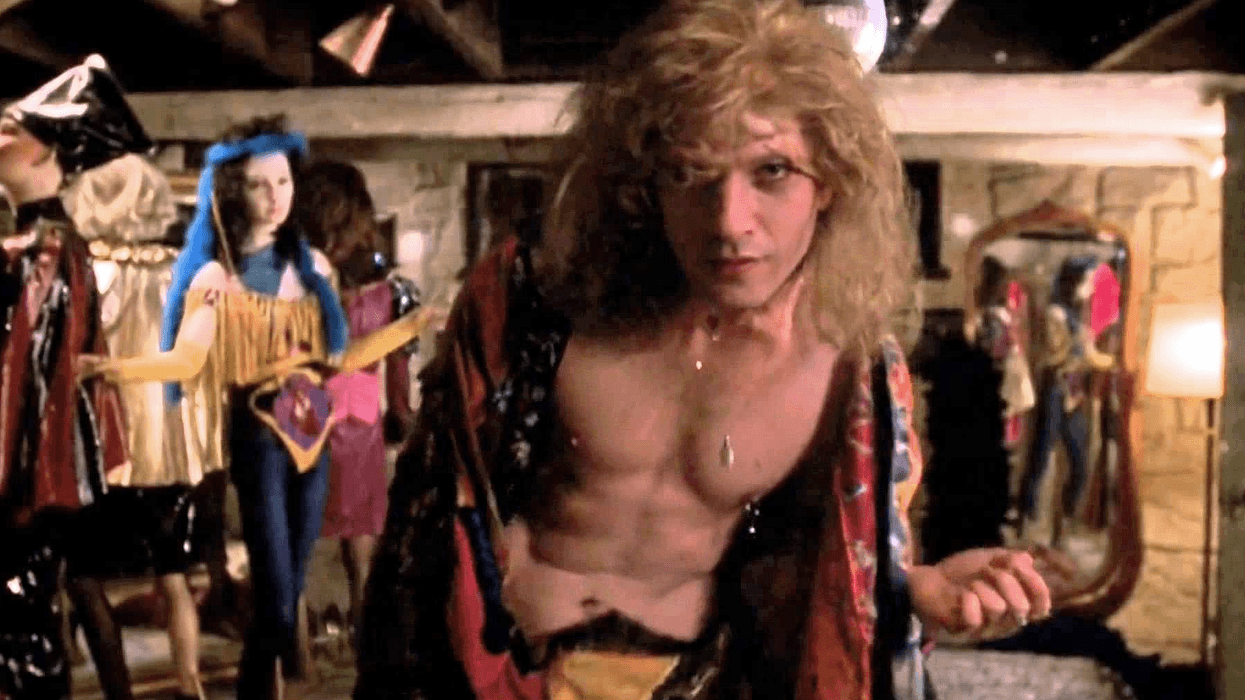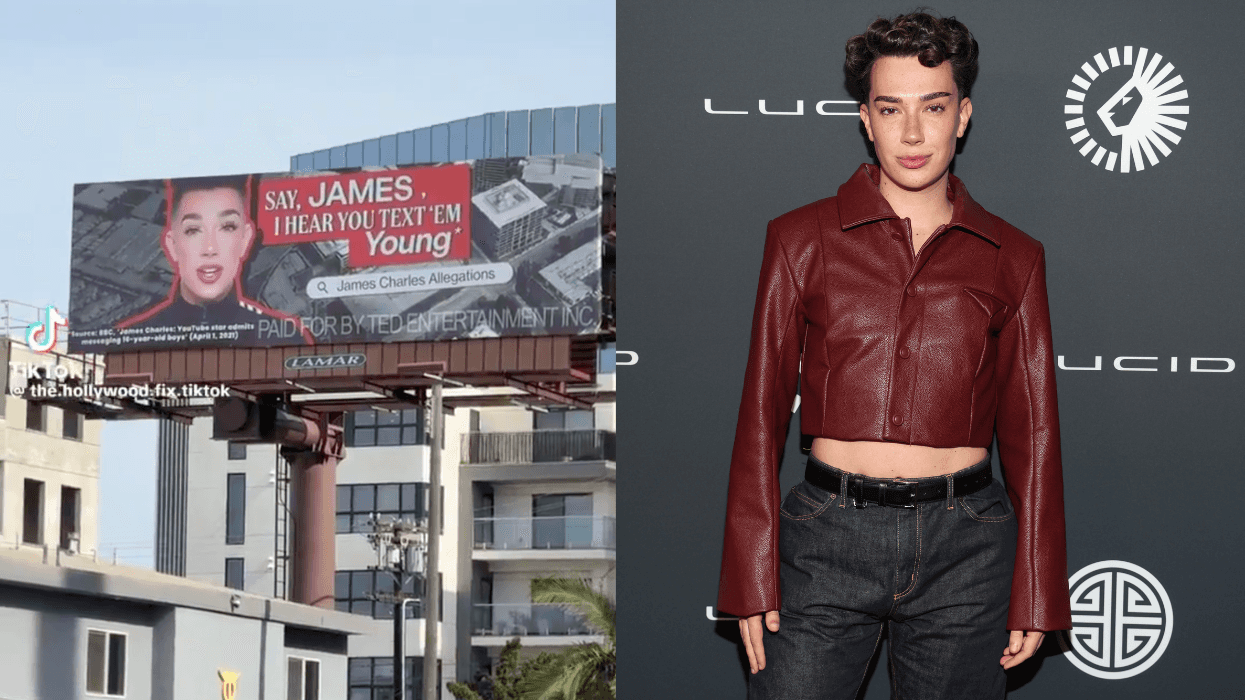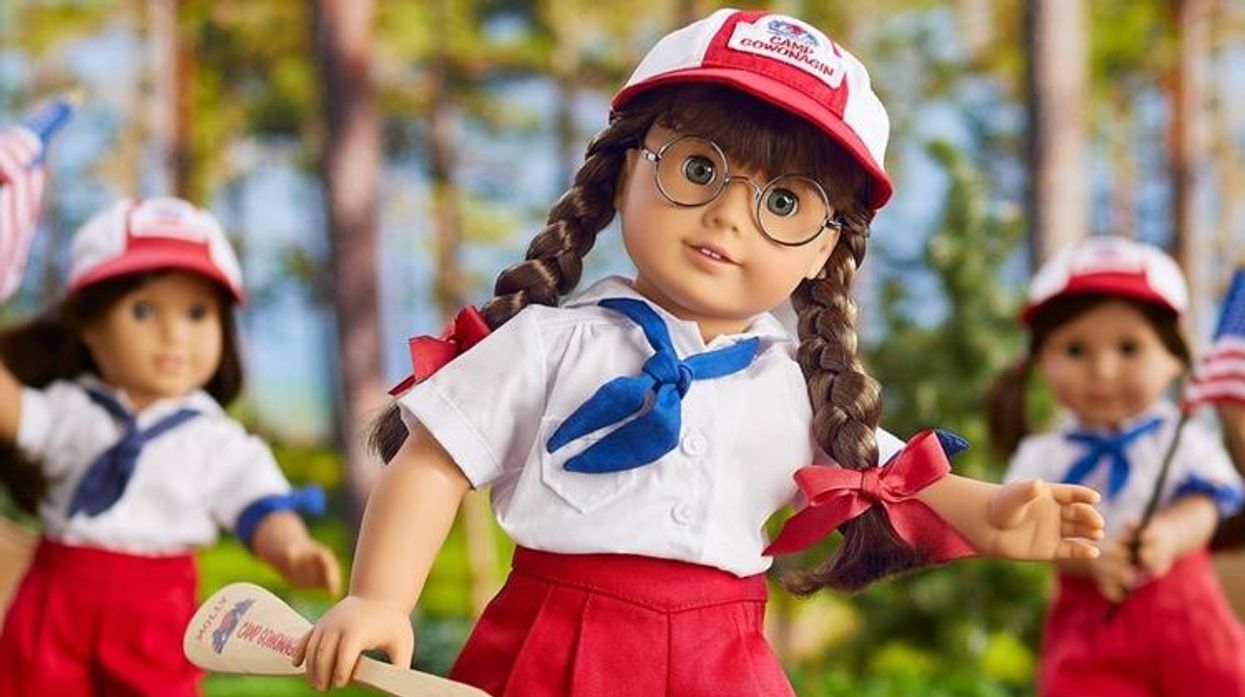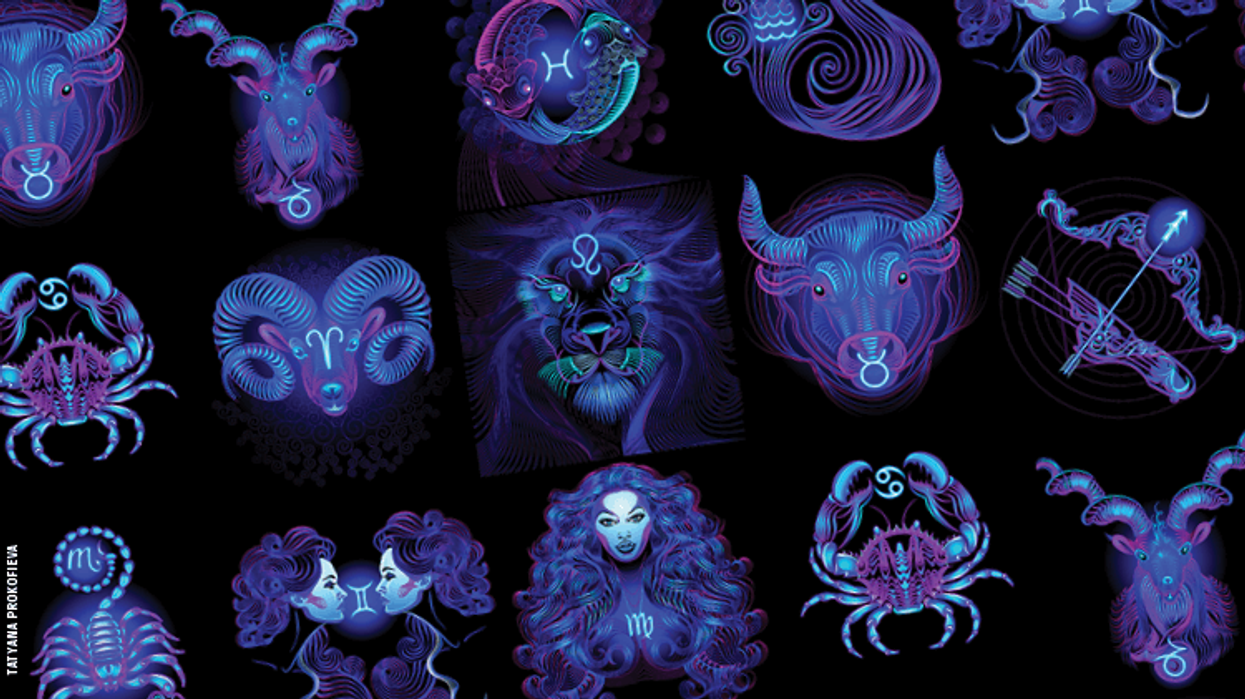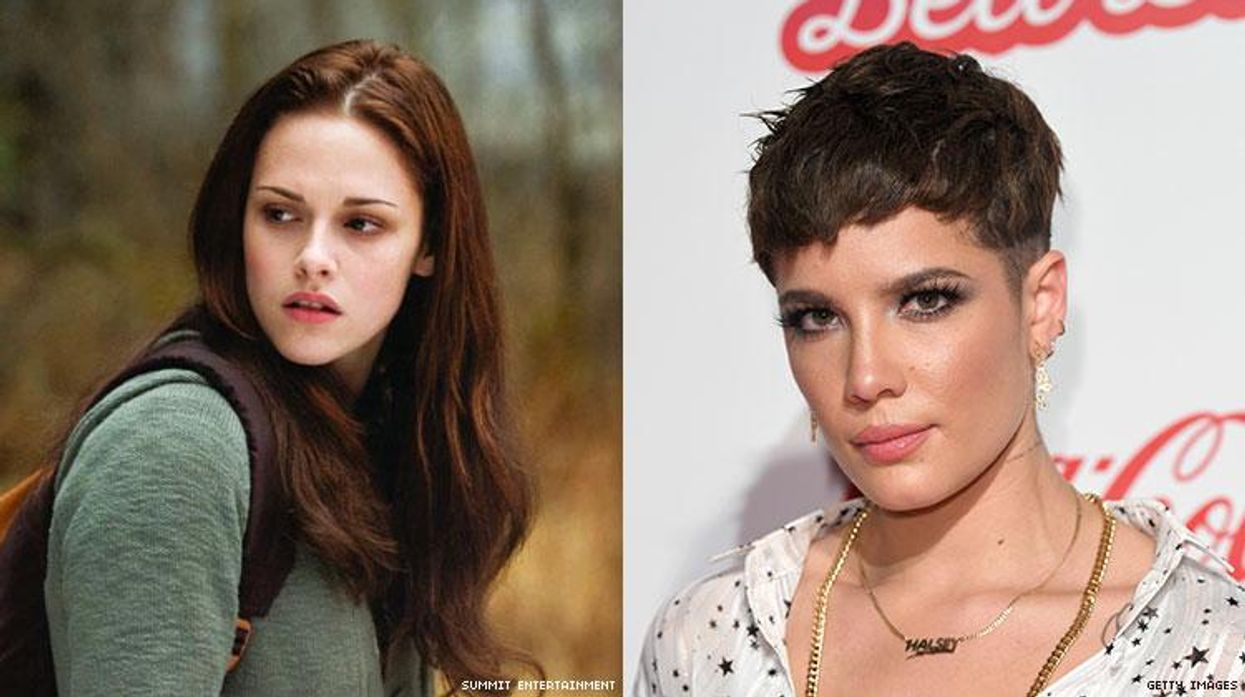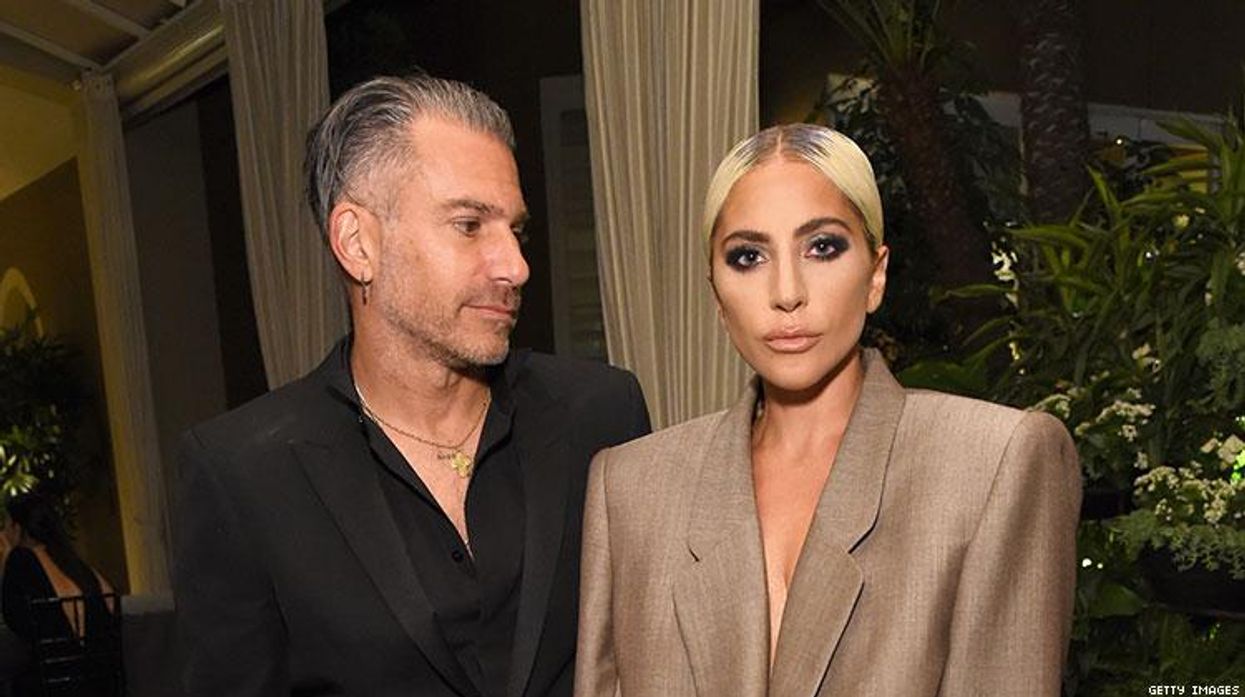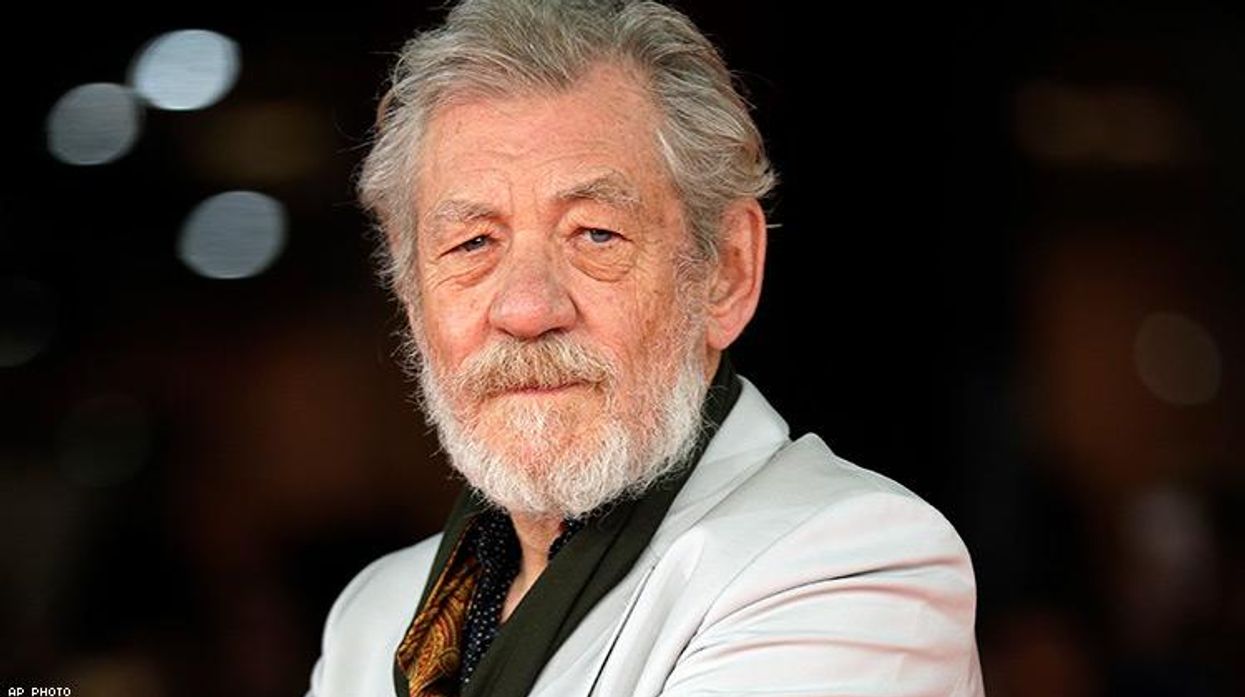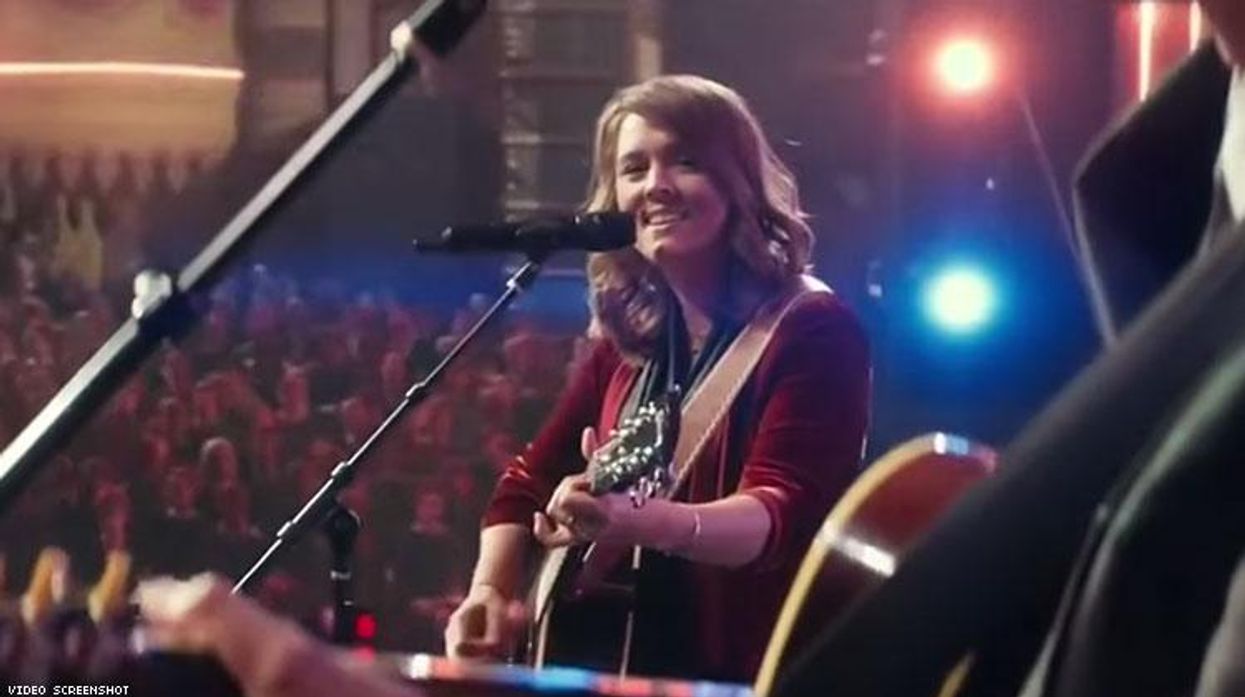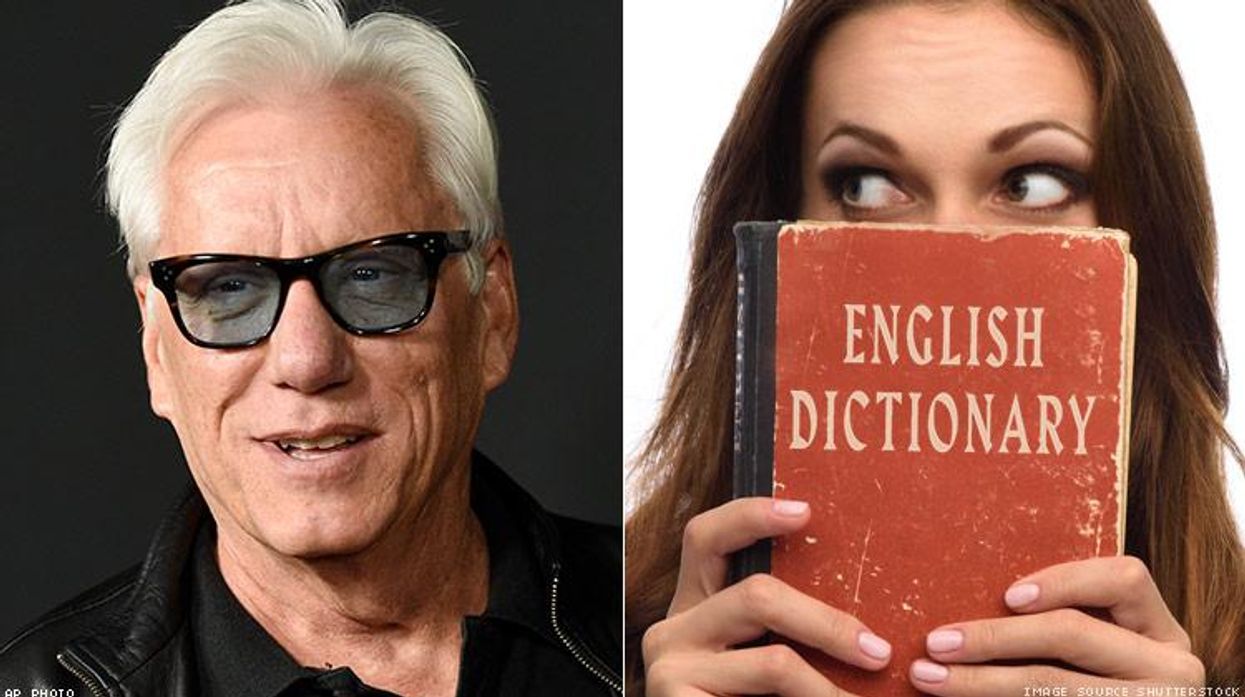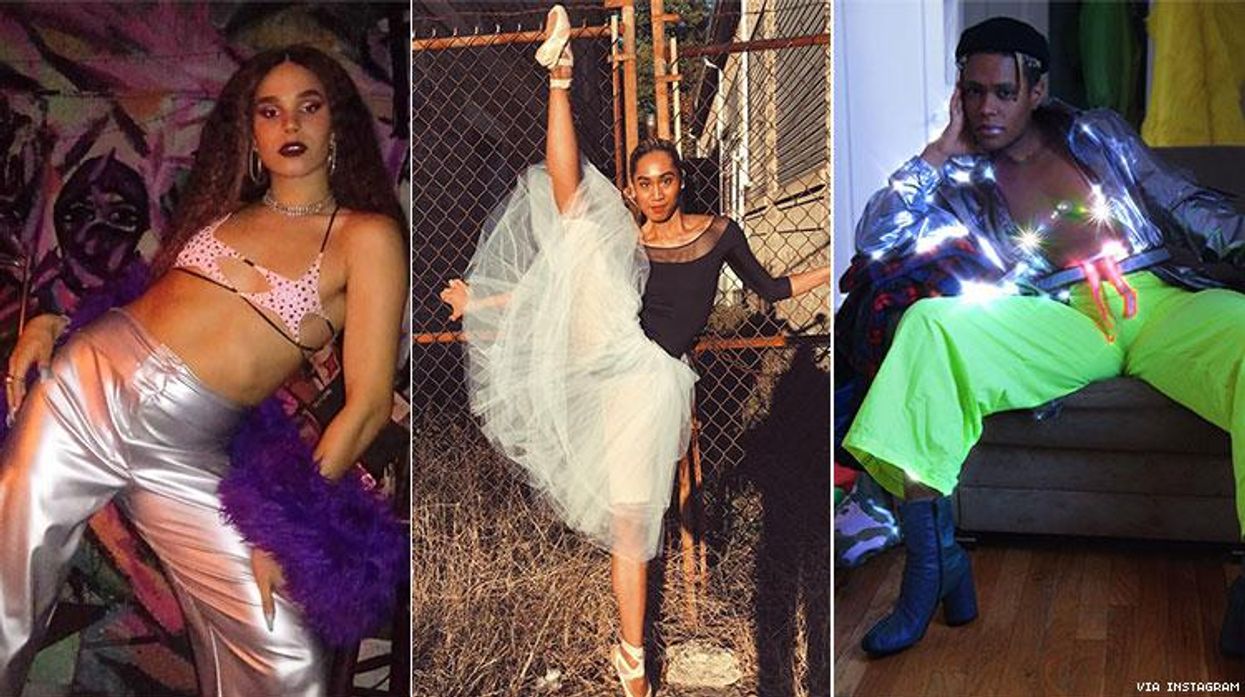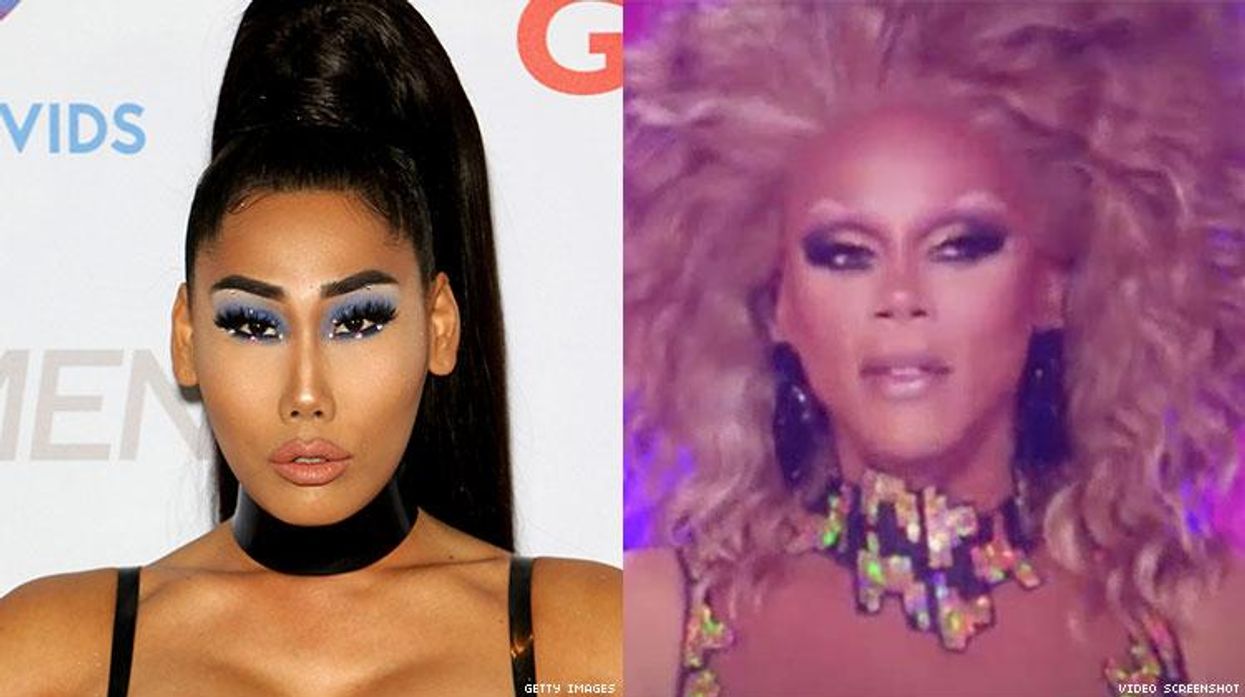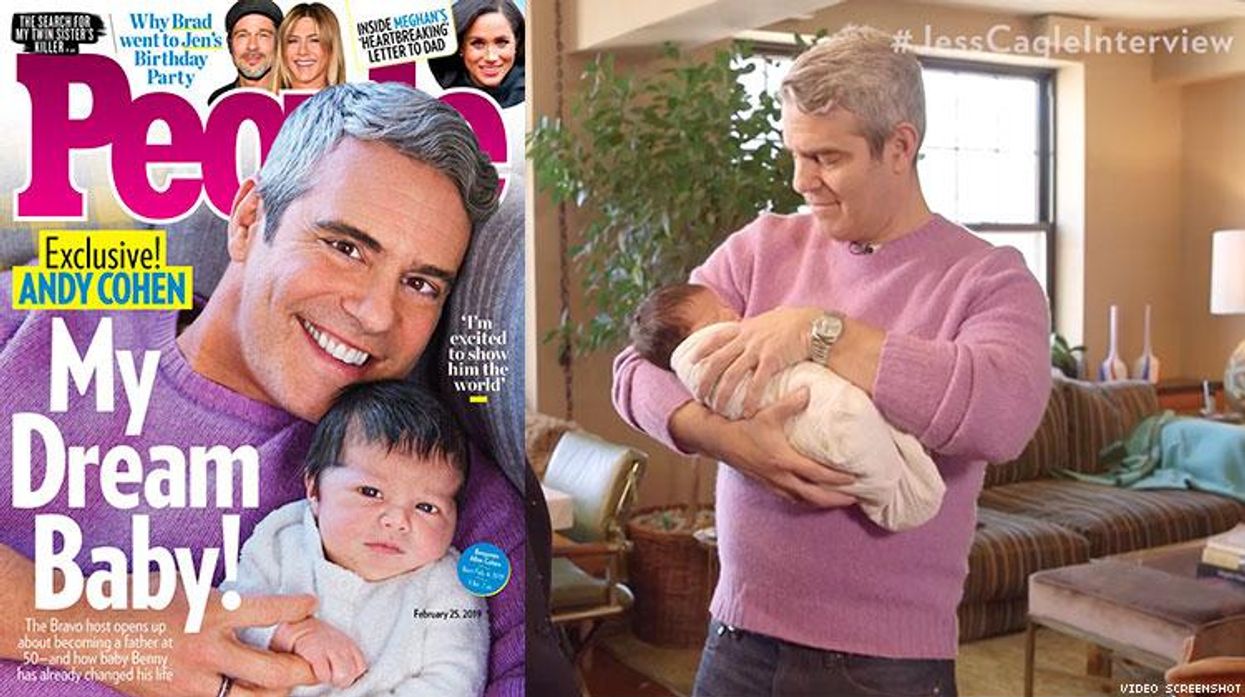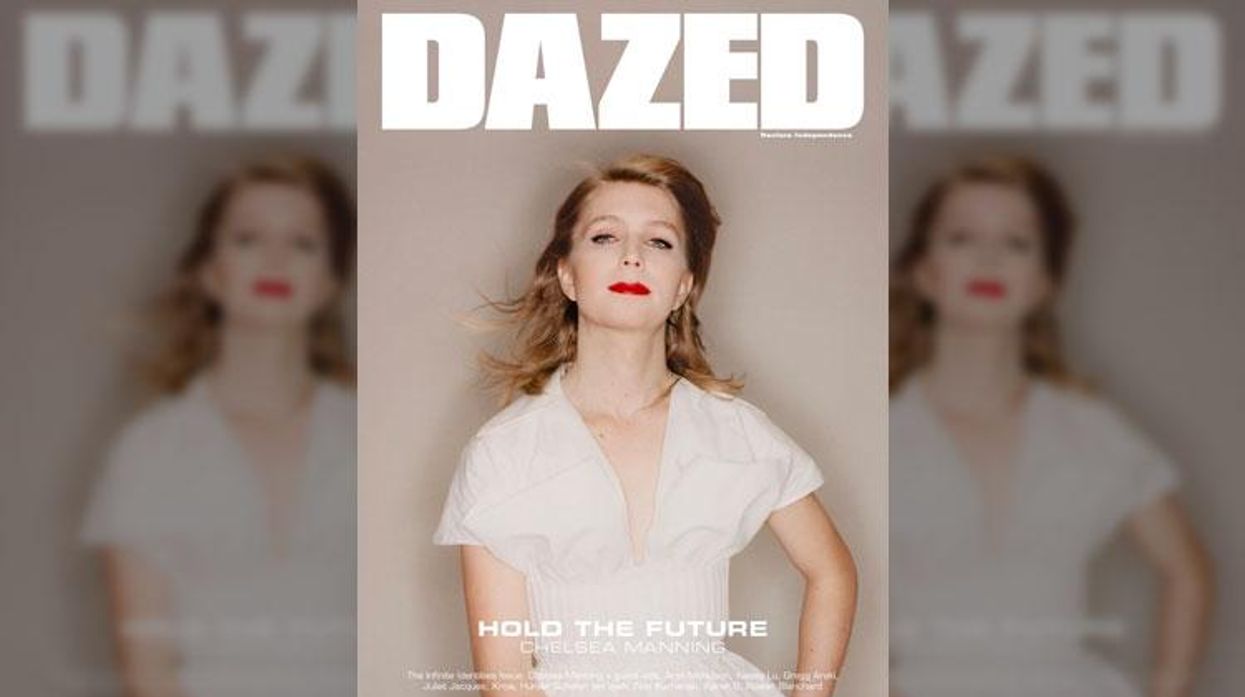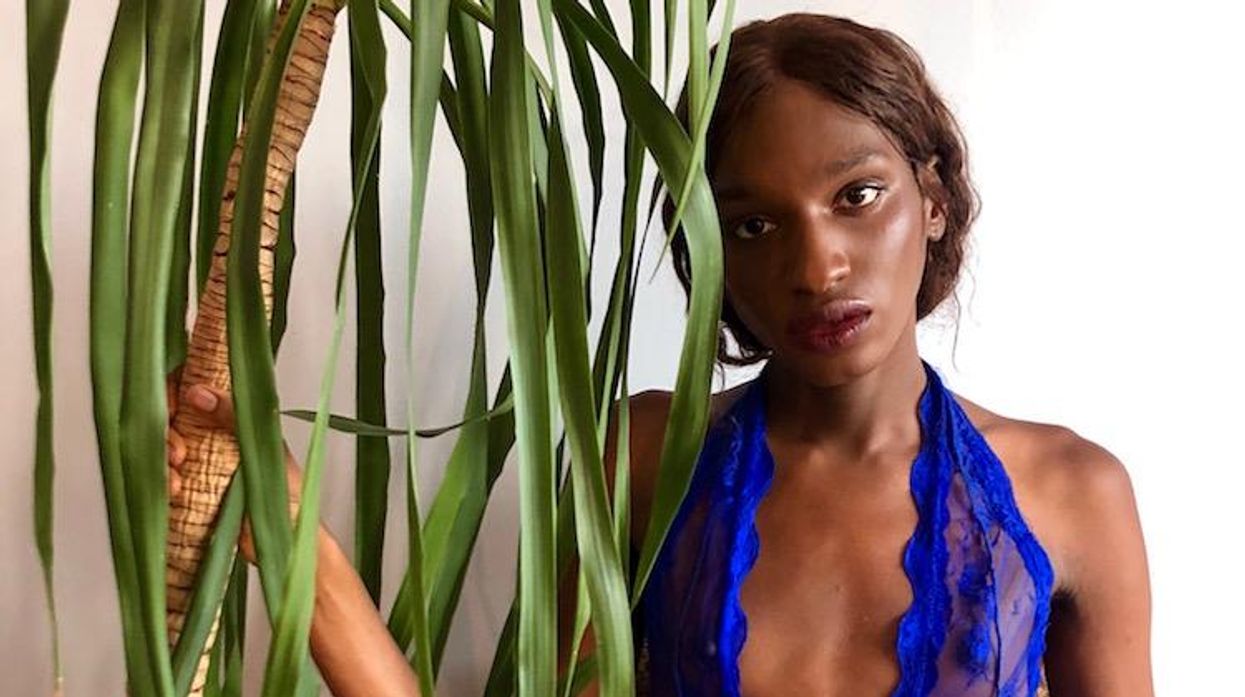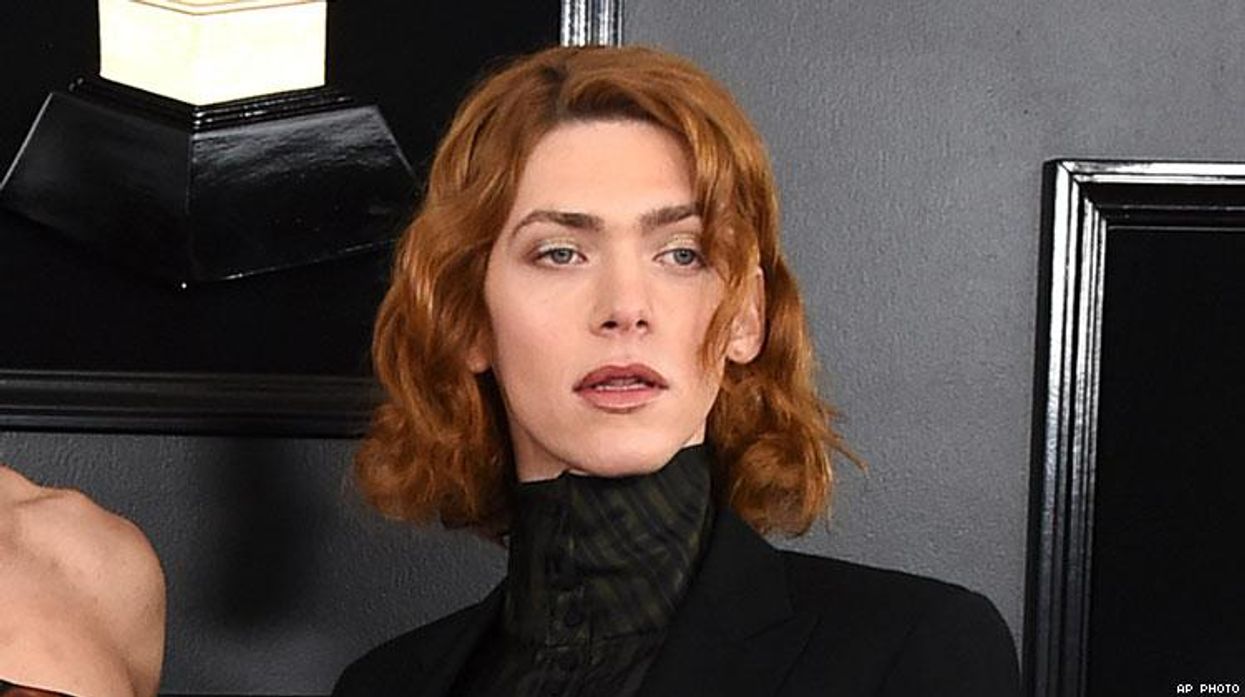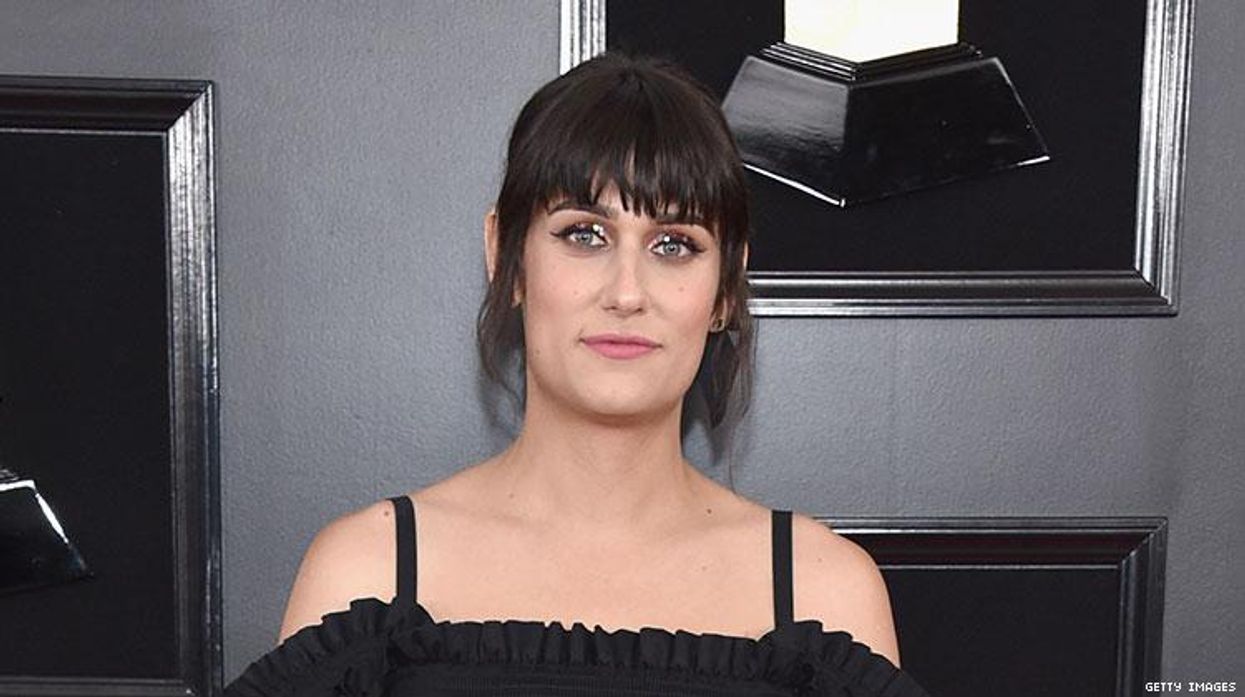When Penny Marshall--the goofy sitcom star of Laverne & Shirley and famed director passed away on Tuesday at 75, the social media tributes poured right in. Mostly, people--women in particular--tweeted about the positive impact the widely adored film, A League of Their Own had on their youth, its preservation of an important piece of baseball history, and the simple fact that one of most popular sports movies of all time featured a predominantly female cast.
When A League Of Their Own hit theaters in 1992, I was 14. I went to see it with some of my family. We were late to the movie and forced to sit in the first row. But looking back, it was the best seat in the house. I was enthralled from the opening credits all the way to end, when Madonna's "This Used To Be My Playground" burst through the theater speakers. The film left an indelible impression on me. I saw myself in so many of the characters, but especially in Kitt (Lori Petty), who was a talented athlete but lacked the confidence required to be an all-star, in Doris (Rosie O'Donnell), who acted tough but was soft on the inside, and in Marla Hooch (Megan Cavanaugh), who was just as good as the guys but deemed unworthy because she didn't mean the societal standard of "pretty." All three of those characters had a strong voice and key role in the movie. Their words and feelings spoke to me; they spoke for me.
What A League Of Their Own had essentially done, for me and millions of women and young girls, was entertain, educate, and provide invaluable representation on the big screen. Up until that point, there hadn't been a sports-themed movie like it. For that, Marshall was ahead of her time. Still, despite how well the movie was written, acted, and directed, there is a key element of A League Of Their Own that was left out. Marshall must have known, through all of her research and conversations with former players, that many of the women who played in the All-American Girls Professional Baseball League (AAGPBL) were gay.
When players signed a contract with the AAGPBL, they agreed to abide by strict guidelines and rules, such as no drinking, no crossing state lines without permission, no fraternizing with other teams, and no smoking. They also had to dress in a skirt or dress, take etiquette classes, wear make-up and learn how to be a "lady." A lot of this is explained and made fun of in the film. But the real reason these rules were in place was to make the players appear as feminine as possible and to discourage lesbian behavior.
For this lesbian tomboy, it would have been everything to have an LGBTQ storyline thrown into the mix, because back then there were no major celebrities or actors who were out, no visibly LGBTQ characters on television--at least not with a positive story line, and no positive LGBTQ role models for closeted gay kids like myself. I was desperately seeking representation in books, television, music and all the other things that help make self-acceptance as a messy adolescent that much easier. Marshall's A League Of Their Own gave me taste of that self-acceptance--as a tomboy, as an athlete, as a sports fan and as a woman. That's why this quote from Doris, when the team was on the bus driving in the middle of the night, has always stuck with me:
". . . because the boys never . . . they always made me feel like I was some sort of weird girl or strange girl . . . or not even a girl, just because I could play. I believe them, too. But not anymore, you know? I mean, look. There's a lot of us. I think we're all alright."
Maybe that was Marshall's subtle nod to LGBTQ folks, letting us know-- we're all alright.


